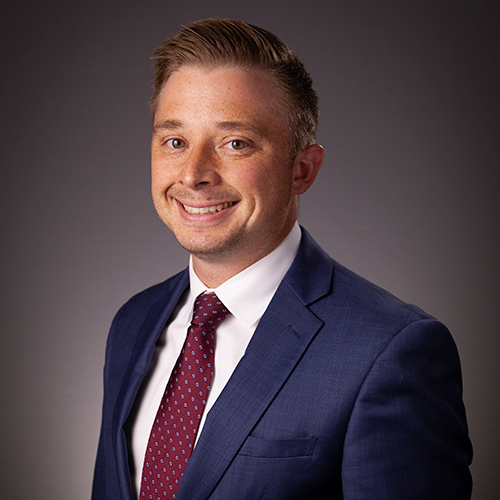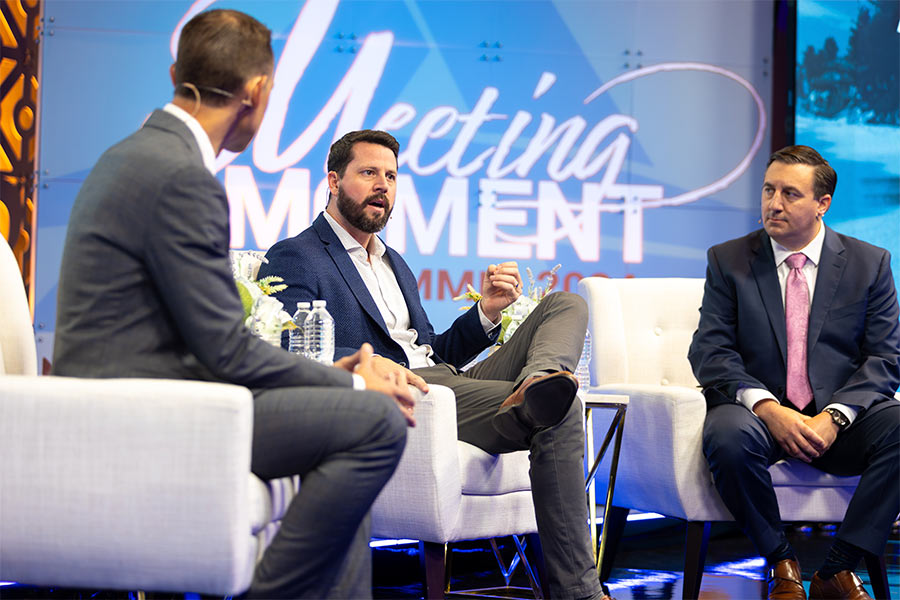
Children struggling with gender dysphoria deserve real care. And as health authorities across the world are now confirming, ideologically biased approaches to healthcare are not what these children need.
In 2024, the U.K.’s National Health Service released a thorough and independent review—called the “Cass review”—commissioned to understand the rapid increase in the number of children seeking treatment for issues related to their perceived gender identity and discomfort with their bodies. A year later, the U.S. Department of Health and Human Services released a comprehensive review of the evidence and best practices for promoting the health of children and adolescents with gender dysphoria.
Both reviews concluded there was a lack of evidence to support the use of puberty blockers, cross-sex hormones, and permanent surgeries on children with gender dysphoria. The Cass review called it “remarkably weak evidence” and the HHS report said it was “low-quality evidence.” In contrast to this weak evidence, these interventions pose clear risks—lower bone density, risk of decreased neurocognitive development, sterilization, sexual dysfunction, increased risk of cancer, increased risk of cardiovascular malfunction, and other adverse effects.
Unfortunately, twenty-three states, the District of Columbia, and many local jurisdictions censor conversations between counselors and their minor clients that could encourage minors to avoid these lifelong and harmful consequences by helping them to reconcile their identity with their sex. Why? So the government can impose its own views regarding gender ideology on both the counselors and their clients.
But kids and their families should be able to get the counseling they want and that helps them. The government shouldn’t censor their private conversations.
Counseling censorship: a growing problem
Too many counselors and their clients experience this dilemma because of laws that ban those conversations. Those laws invade the privacy of counseling offices and censor the speech of mental-health professionals and their clients in unconstitutional ways.
These laws prevent counselors from talking with their clients and helping them meet their goals—goals the clients voluntarily set for themselves—of dealing with struggles related to gender and sexuality.
For example, some states and local municipalities prohibit counselors from talking with a child experiencing gender dysphoria about aligning his or her feelings with the objective reality of their body. Yet the counselors remain free to talk about pursuing a transgender identity with that child. Counselors could violate the law—and lose their professional license—simply by having conversations about ideas the government disfavors and wants to suppress.
Counselor Kaley Chiles faces this exact situation. Kaley, a licensed professional counselor in Colorado, risks losing her license if she counsels her minor clients according to her religious beliefs about gender and sexuality. Kaley is a devout Christian, and her view of human nature is informed by her Christian beliefs. Kaley does not preach to her clients; she’s a counselor, not a pastor. But counseling doesn’t occur in a philosophical vacuum. Kaley sees her work as an outpouring of her Christian faith. Numerous clients come to her for that very reason—they hope to talk to a counselor who shares their own Christian beliefs and worldview.
But Colorado’s counseling censorship law threatens Kaley with fines of up to $5,000 for each violation, and even a complete revocation of her license if Kaley talks to her minor clients about reconciling their identity with their sex. As a result, Kaley has censored herself in conversations with clients, and she’s even had to turn some clients away for fear of violating the law.
That is wrong. Government officials cannot co-opt counselors to serve as government spokespersons to promote the state’s values to their clients.
Thankfully, the U.S. Supreme Court agreed to hear Kaley’s case after the U.S. Court of Appeals for the 10th Circuit upheld Colorado’s censorship law. Alliance Defending Freedom will represent Kaley at the High Court to ensure that counselors and their clients have the freedom to speak in the privacy of a counseling session.
Counseling censorship hurts children
Counseling bans injure counselors by silencing their speech, and they inflict further damage on parents and children by preventing them from accessing counselors who can help them. In places with these bans, minors who experience gender dysphoria may not be able to find a counselor willing to engage in private, voluntary conversations about how the minor can align their mind with their body. Those governments barge into the counseling room and dictate which goals are valuable and which ones are off-limits.
It’s becoming clearer by the day that imposing gender ideology leads to devastating results for these children. Rather than pushing them toward surgeries and a lifelong dosage of drugs, we should let them talk through their struggles and get the counseling they want. Anyone who chooses to live consistently with their biological sex is entitled to the help of professional counselors, like Kaley, as they work through that difficult process.
The Supreme Court has recognized that “the people lose when the government is the one deciding which ideas should prevail.” The government has no authority to censor speech it disagrees with. And it cannot silence counselors who disagree with its ideology. The government must respect the freedom to discuss beliefs about human sexuality and the possibility of change that are shared by many.






